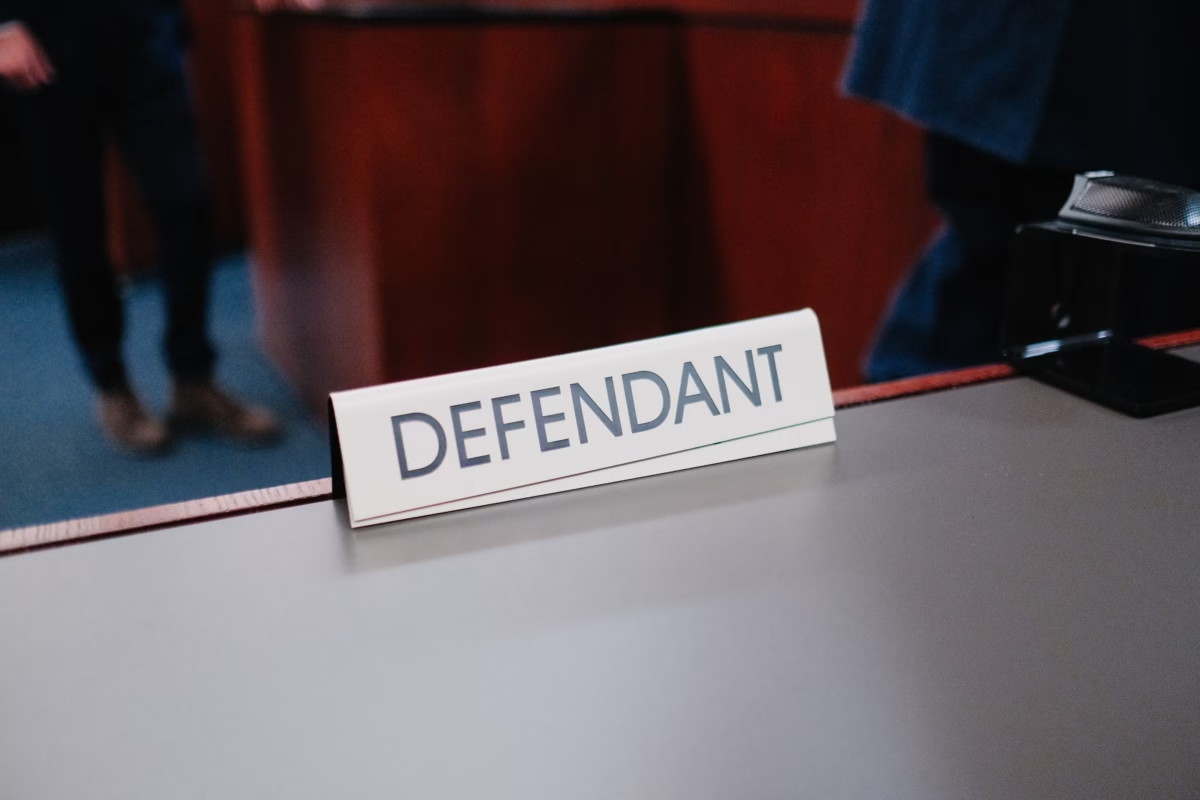With the expansion of the market economy and the increasing diversity of international trade and commercial relations, the resolution of disputes through commercial arbitration has become a method of significant interest and widespread application among contracting parties. This approach is favored due to its flexibility, simpler procedures, and the protection of the parties’ confidentiality. In particular, it emphasizes the parties’ autonomy (right to choose) in dispute resolution, distinguishing it from the traditional method of court litigation.
However, when a dispute arises between the parties, the arbitration proceedings do not automatically apply; certain statutory prerequisites must be met, specifically: “A dispute shall be resolved by arbitration if the parties have an Arbitration Agreement. The Arbitration Agreement may be established before or after the dispute arises.” (Article 5.1 of the Law on Commercial Arbitration 2010 (“LCA”)). Accordingly, the parties must establish an Arbitration Agreement to apply arbitration proceedings for dispute resolution. Typically, the most common form of Arbitration Agreement is one established prior to any dispute, as agreed upon and set forth as part of the contract. However, in practice, there are cases where the parties have established an Arbitration Agreement, but the terms of the agreement are unclear, leading to confusion and difficulties in application when a dispute arises. In this article, we will analyze the provisions of Vietnamese law related to unclear Arbitration Agreements and suggest some considerations for drafting Arbitration Agreements to ensure clarity, transparency, and enforceability.
- What is a non-transparent Arbitration Agreement?
Through observation that, although Vietnamese law currently reflects a clear spirit of respect for and facilitation of the recognition of the parties’ Arbitration Agreements, in practice, many such agreements are established without sufficient clarity for execution and application when disputes arise. For example, in certain agreements, the parties do not specify the form of arbitration, fail to designate a particular arbitration organization to handle the dispute, or set forth other essential terms (such as the location for dispute resolution, the language to be used, etc.) in vague terms, leading to various interpretations. For instance, the dispute resolution clause in a sales contract between parties may state: “All disputes arising from or related to this Contract shall be resolved by arbitration.” This agreement does not clearly specify the form of arbitration (ad hoc or institutional)[1] or designate a particular arbitration center with the authority to resolve the dispute, thereby causing difficulties in determining the specific authority of an arbitration center over the arising dispute.

- Provision of the law of Vietnam
Currently, The laws governing arbitration procedures in Vietnam provide for cases where non-transparent Arbitration agreement as followed: “When the parties have an arbitration agreement but fail to indicate the form of arbitration or cannot identify a specific arbitration institution, if a dispute arises, the parties shall agree again on the form of arbitration or a specific arbitration institution to settle the dispute. If no agreement can be reached, the form of arbitration or an arbitration institution to settle the dispute shall be selected at the claimant’s request.” (Clause 5 Article 43 LCA)
From the provision aforementioned, if the agreement between the parties in the case does not clearly specify a particular arbitration institution or a defined form of arbitration, such ambiguous agreements will still be respected by law in the event of a dispute. However, the parties must renegotiate and agree on a specific arbitration institution and form of arbitration to resolve the dispute. If the parties cannot reach an agreement, the specific arbitration institution and form for dispute resolution will be determined at the claimant’s request.
Despite the provisions in Clause 5, Article 43 of the Law on Commercial Arbitration, there is currently no guiding document clarifying the concept of “failure to reach an agreement.” This situation inadvertently leads to inconsistency in opinions and perspectives regarding the interpretation and application of the law in the process of dispute resolution at commercial arbitration centers. This is because, given the nature of mutual consent required between the parties, if a dispute arises and one party intends to resolve it through arbitration, they must secure the other party’s agreement on this matter. However, once a dispute has occurred, it becomes difficult for the parties to come together and agree on the arbitration method, especially if one party is unwilling to bring the dispute to arbitration, wishes to delay the dispute resolution process, or even does not want the dispute to be resolved at all. In such cases, it is nearly impossible to re-establish an Arbitration Agreement.
Thus, apart from situations where the parties are unable to come together to specifically agree on the form or arbitration organization, ‘failure to agree’ can also be understood as the case where the Claimant has sent a document indicating the choice of a specific arbitration center to the Respondent, or through a specific act indicating this choice, and within a certain period, the Respondent has not responded in writing or through a specific act regarding the choice of the arbitration center. In such cases, the right to choose the form and organization of arbitration to resolve the dispute entirely belongs to the Claimant.
Additionally, in practice, there can arise cases of ‘unclear agreements’ where the parties select both arbitration and the court to resolve disputes. For example, a dispute resolution agreement between the parties may be established with the following content: ‘Any disputes arising from or related to this contract will be resolved by arbitration or the court in accordance with the law’; or in cases where the parties choose the court as the place to resolve disputes in the contract, but in the contract annex or other documents between the two parties, arbitration is chosen as the competent authority for the same dispute without agreeing to replace the clause choosing the court. In such cases, based on Clause 4 of Article 2 of Resolution No. 01/2014/NQ-HĐTP dated 20/03/2014 guiding the implementation of several provisions of the 2010 Law on Commercial Arbitration, the following actions should be taken:
(i) If the claimant requests an arbitral tribunal to resolve the dispute before requesting the court to do so or before the case is undertaken by the court as prescribed in Point b Clause 4 of this Article, the court shall refuse to undertake the case pursuant to Article 6 of LCA. In this case, the court shall return the petition. If the case has been received, the court shall issue a decision to terminate the adjudication because it is beyond the competence of the court, return the petition and documents enclosed therewith to the claimant pursuant to Point i Clause 1 Article 192 of the Civil Procedure Code.
(ii) In case the claimant requests the court to resolve the dispute: right after receiving the petition, the court must determine whether an arbitral tribunal is requested by either party to handle the case.
Within 05 working days from the receipt of the petition, if the court finds that the dependant or the claimant has requested an arbitral tribunal to resolve the dispute, the court shall return the petition to the claimant. If no arbitral tribunal is requested by the dependant or the claimant to resolve the case, the court shall undertake the case and handle it under common procedures.
(iii) If the court has undertaken the case and then finds that an arbitral tribunal is requested to resolve such case before it is undertaken by the court, the court shall, pursuant to Point i Clause 1 Article 192 of the Civil Procedure Code, issue a decision to terminate the adjudication because it is beyond the competence of the court, return the petition and documents enclosed therewith.
Under these provisions, it is evident that in cases of unclear or ambiguous agreements as mentioned, Vietnamese law currently prioritizes the authority of commercial arbitration. Courts are required to refuse to accept or must suspend the case proceedings in situations specified by law.

- Conclusion
Disputes in Vietnam’s business and commercial sectors are increasingly being resolved through arbitration. While many parties enter into Arbitration Agreements ahead of potential disputes to save time and maintain control, both theoretical and practical observations show that such agreements may still face enforceability challenges if not set up with a full understanding of the process. There is thus a need for clear legal guidance, as ambiguities in current agreements are not uncommon.
Additionally, this situation may expose parties—particularly respondents—to certain risks. If the parties cannot agree on the type of arbitration (ad hoc or institutional) or the specific arbitration body, the choice will ultimately rest with the claimant rather than the respondent. To avoid these risks, it is essential that parties are cautious in drafting Arbitration Agreements. Establishing the terms of the Arbitration Agreement clearly and explicitly at the outset of the contract is a beneficial approach, saving time and securing an advantageous position for both parties.
[1] According to the 2010 Law on Commercial Arbitration:
- Institutional arbitration is a form of dispute resolution at an arbitration center in accordance with this Law and the procedural rules of that arbitration center.
- Ad hoc arbitration is a form of dispute resolution in accordance with this Law and the procedures and processes agreed upon by the parties.




